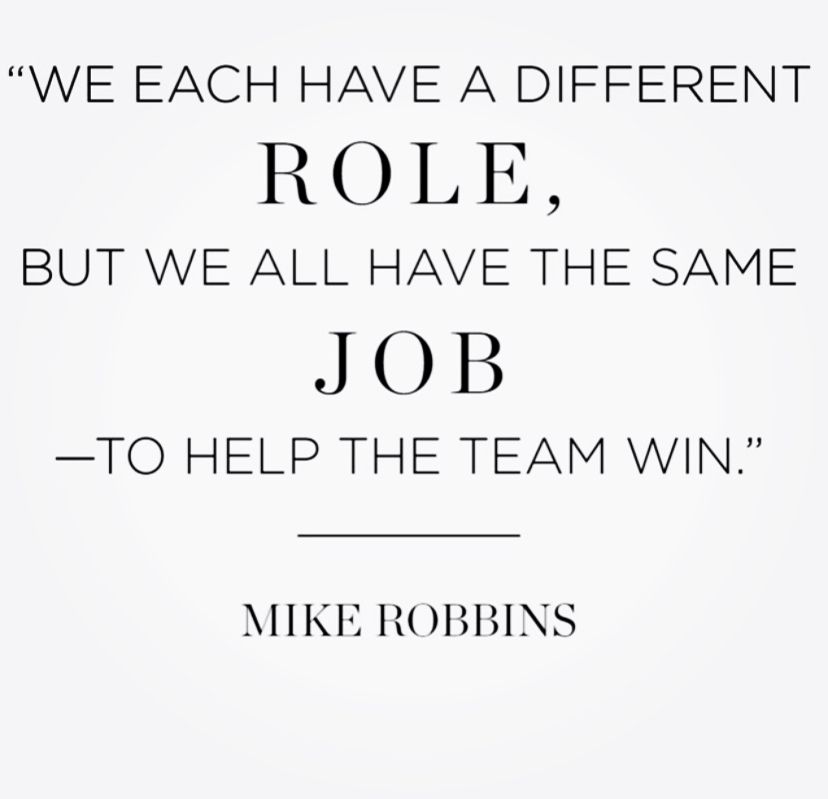Middle Managers: Their Crucial Role In Boosting Company Performance And Employee Satisfaction

Table of Contents
The Bridge Between Leadership and Employees
Middle managers are the critical link connecting senior leadership with frontline employees. Their ability to effectively communicate, foster a positive work environment, and translate company strategy into actionable plans directly impacts team morale and productivity.
Effective Communication and Feedback
Effective communication is the cornerstone of successful middle management. It involves not only conveying top-level directives but also actively soliciting and transmitting employee feedback.
- Regular Team Meetings: Scheduled meetings provide a platform for announcements, updates, and open discussions.
- One-on-One Check-ins: Individual meetings allow for personalized feedback, addressing concerns, and tracking progress.
- Transparent Communication Channels: Utilizing platforms like Slack or email ensures information dissemination is clear and consistent.
- Active Listening: Middle managers must be adept at listening to their teams, understanding their perspectives, and addressing their concerns.
- Constructive Feedback Delivery: Providing feedback should be both specific and actionable, focusing on behavior rather than personality. Regular feedback, both positive and constructive, keeps employees engaged and focused.
Fostering a Positive Work Environment
Middle managers are responsible for creating a workplace culture that is both supportive and inclusive. This involves promoting teamwork, recognizing achievements, and addressing conflict effectively.
- Team-Building Activities: Organized activities foster camaraderie and strengthen team bonds.
- Mentorship Programs: Pairing experienced employees with newer team members provides guidance and support.
- Recognition and Appreciation: Regularly acknowledging individual and team accomplishments boosts morale and motivation.
- Promoting Inclusivity: Creating a diverse and inclusive workplace where all employees feel valued and respected.
- Conflict Resolution: Addressing conflicts fairly and promptly prevents negativity from impacting team productivity.
Driving Company Performance Through Middle Management
Middle managers are directly involved in achieving company objectives through effective goal setting, performance management, and proactive problem-solving.
Goal Setting and Performance Management
Middle managers translate high-level company goals into specific, measurable, achievable, relevant, and time-bound (SMART) goals for their teams.
- SMART Goal Framework: Utilizing the SMART framework ensures goals are clear and attainable.
- Regular Performance Reviews: Formal and informal reviews provide feedback and identify areas for improvement.
- Performance Management Tools: Using software and technology for performance tracking and analysis.
- Mentoring and Coaching: Providing support and guidance to help employees reach their full potential.
- Identifying High-Potential Employees: Recognizing and nurturing talent within the team.
Identifying and Addressing Bottlenecks
Effective middle managers proactively identify and address issues that impede productivity and efficiency.
- Root Cause Analysis: Using problem-solving techniques to pinpoint the origin of productivity issues.
- Process Improvement Methodologies: Implementing lean principles or Six Sigma to streamline workflows.
- Risk Management: Identifying and mitigating potential risks that could affect project success.
- Data-Driven Decision Making: Using data analysis to inform decisions and track progress.
- Collaboration and Innovation: Encouraging teamwork and innovative solutions to overcome challenges.
Empowering Employees and Boosting Morale
Empowering employees is a key aspect of effective middle management. This involves delegating tasks appropriately, providing development opportunities, and promoting employee engagement.
Delegation and Development
Effective delegation not only frees up the middle manager's time but also provides employees with opportunities for growth and development.
- Effective Delegation Strategies: Assigning tasks based on employee skills and interests.
- Mentoring and Coaching: Providing guidance and support to help employees develop new skills.
- Training and Development Opportunities: Identifying and providing access to training programs.
- Career Development Planning: Helping employees chart their career path within the organization.
- Regular Feedback and Recognition: Acknowledging efforts and providing constructive feedback.
Promoting Employee Engagement and Retention
Middle managers play a crucial role in creating an environment where employees feel engaged, valued, and motivated to stay.
- Employee Recognition Programs: Implementing programs to acknowledge and reward employee contributions.
- Flexible Work Arrangements: Offering flexible work options to improve work-life balance.
- Open Door Policy: Creating an environment where employees feel comfortable expressing concerns.
- Conflict Resolution: Addressing conflicts fairly and efficiently.
- Opportunities for Advancement: Providing career progression opportunities within the company.
Conclusion
In conclusion, middle managers are not merely supervisors; they are vital drivers of both company performance and employee satisfaction. Their ability to bridge the gap between leadership and employees, foster positive work environments, and empower their teams is essential for organizational success. Investing in training and development for your middle management team is investing in the future of your company. Start building a high-performing team of middle managers today, and see the positive impact on both your bottom line and employee morale. By focusing on effective communication, performance management, and employee empowerment, you can unlock the full potential of your middle managers and cultivate a thriving organizational culture.

Featured Posts
-
 From Skeptic To Success Trumps Crypto Investments
May 07, 2025
From Skeptic To Success Trumps Crypto Investments
May 07, 2025 -
 Randle And The Timberwolves A Playoff Push
May 07, 2025
Randle And The Timberwolves A Playoff Push
May 07, 2025 -
 The Fantastic Four And Superman A Box Office Clash Featuring Pedro Pascal And Isabela Merced
May 07, 2025
The Fantastic Four And Superman A Box Office Clash Featuring Pedro Pascal And Isabela Merced
May 07, 2025 -
 Competira Simone Biles En Los Angeles 2028 Sus Incertidumbres
May 07, 2025
Competira Simone Biles En Los Angeles 2028 Sus Incertidumbres
May 07, 2025 -
 Trumpa Polityka Wobec Ukrainy Sondaz Ujawnia Zdanie Polakow
May 07, 2025
Trumpa Polityka Wobec Ukrainy Sondaz Ujawnia Zdanie Polakow
May 07, 2025
